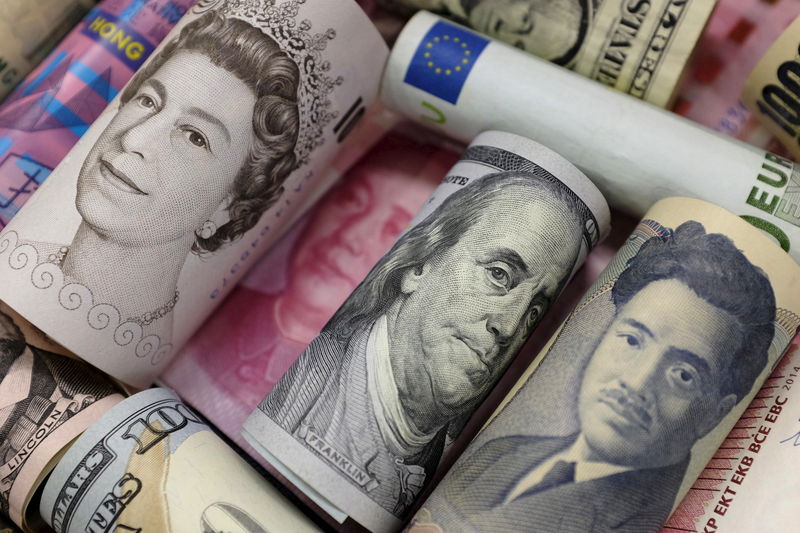South Korean Won Stabilizes Amidst Political Turmoil, Central Bank Governor Predicts Prolonged Exchange Rate Volatility
SEOUL – The South Korean won showed signs of stabilization on Tuesday, recovering slightly from a two-year low against the US dollar amidst the political upheaval triggered by President Yoon Suk Yeol’s short-lived attempt to impose martial law. Bank of Korea Governor Rhee Chang-yong, in a meeting with lawmakers, cautioned against expectations of a swift return to previous exchange rate levels, emphasizing the prevailing market uncertainty. The central bank later clarified Governor Rhee’s remarks, stating that the difficulty in predicting exchange rate normalization is expected to persist "for the time being" in the aftermath of the president’s controversial actions.
President Yoon’s surprise declaration of martial law on December 3rd, followed by its swift retraction just hours later after parliamentary rejection, sent shockwaves through the South Korean political landscape and financial markets. The president’s attempt to ban political activity and implement media censorship, perceived by many as an overreach of executive power, sparked widespread criticism and fueled concerns about the country’s democratic stability. This political instability contributed to the won’s recent slide against the dollar, reaching a two-year low of 1,442.0 last week.
Tuesday’s trading saw the won rebound slightly, quoted at 1,427.8 per dollar, up from its previous close of 1,435.0. While this modest recovery offered a glimmer of hope, Governor Rhee’s cautious assessment underscored the lingering uncertainty in the market. He described the current market sentiment as "wait-and-see," indicating a prevailing hesitancy among investors as they assess the potential long-term ramifications of the recent political developments.
The central bank’s statement further emphasized the challenges in forecasting the exchange rate trajectory, highlighting the "for the time being" qualifier in Governor Rhee’s remarks. This suggests that the volatility in the dollar-won exchange rate is expected to persist as the political situation unfolds and the market absorbs the implications of the president’s actions. The duration of this period of uncertainty remains unclear, adding to the complexities faced by investors and policymakers alike.
The attempted imposition of martial law, though short-lived, exposed deep-seated tensions within South Korea’s political system. The president’s justification for such drastic measures, citing national security concerns and the need to quell dissent, was met with skepticism and accusations of authoritarian tendencies. The parliamentary pushback against the move underscored the importance of checks and balances within the government, but also highlighted the potential for further political clashes.
The political uncertainty surrounding President Yoon’s actions and their potential long-term impact on South Korea’s democratic institutions are expected to continue influencing market sentiment and contribute to exchange rate volatility. The central bank’s cautious outlook reflects the unpredictable nature of the current political climate and the difficulty in anticipating the market’s response to unfolding events. As investors grapple with the implications of the recent political turmoil, the won’s trajectory will likely remain sensitive to any further developments in the ongoing political drama. The central bank will likely closely monitor the situation and consider appropriate measures to maintain financial stability amid the ongoing uncertainty. The international community will also be watching closely, as South Korea’s political stability has implications for regional security and economic cooperation.


